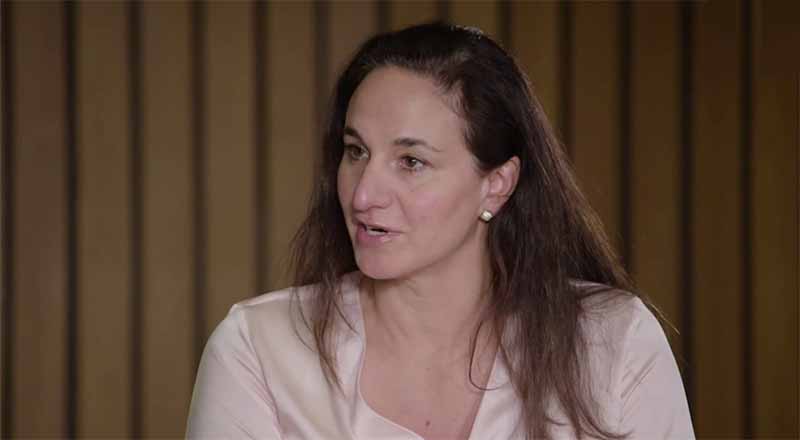In 2015, Heather Terenzio was giving a talk at a vocational school. After she provided an overview of the Boulder-based software development company she founded Techtonic Group a young man who helped cater the event came up to her. He told Terenzio that he’d been teaching himself to code for 10 years. He liked what Techtonic was doing, and said that if she were to hire him, she wouldn’t regret it.
Techtonic had been struggling to find qualified developers, and outsourcing the work offshore just wasn’t cutting it. So why not create a formal program to allow people without a computer science degree to train for these jobs?
Today, Techtonic is the first Department of Labor-approved apprenticeship program for coding. Participants apply to be part of the program, and once they’re selected, the company trains them, while paying them from day one. After the training period, Techtonic pairs each participant with a senior staff member to work on a client project. At the end of the program, Techtonic (or one of Techtonic’s clients) hires the apprentice.
Coding-based apprenticeships may be a recent development, but Terenzio predicts that in 20 years, more and more companies will adopt similar models. “I can see it in every industry: healthcare, medical billing, other kinds of jobs,” Terenzio says.
Many workplace and higher education experts agree. Workers, employers, and education providers alike need to be agile, flexible, and prepared to adapt as technology continues to disrupt industries and change what jobs will and will not be available.
As for employers, companies that cultivate a culture of learning will be the ones who benefit. Leah Belsky, chief enterprise officer of online learning platform Coursera, says that “facilitating training will become part of a manager’s role. I think direct learning is going to be a core part of that.” She explains, “Companies are now realizing that to sell their technology, they need to get into the education space. They realize that they are limited in how much they can grow because there aren’t enough skilled professionals.”
According to Johny C. Taylor, Jr., president and CEO of the Society of Human Resources Management, Two decades ago, there was this general thought [among colleges], our job is not to be vocational institutions,” Instead, the purpose was for “lofty academic pursuits” and teaching individuals to become more well-rounded individuals.
At the end of the day, “none of us really knows what the future looks like. You just have to be comfortable being uncomfortable “concludes Taylor.





